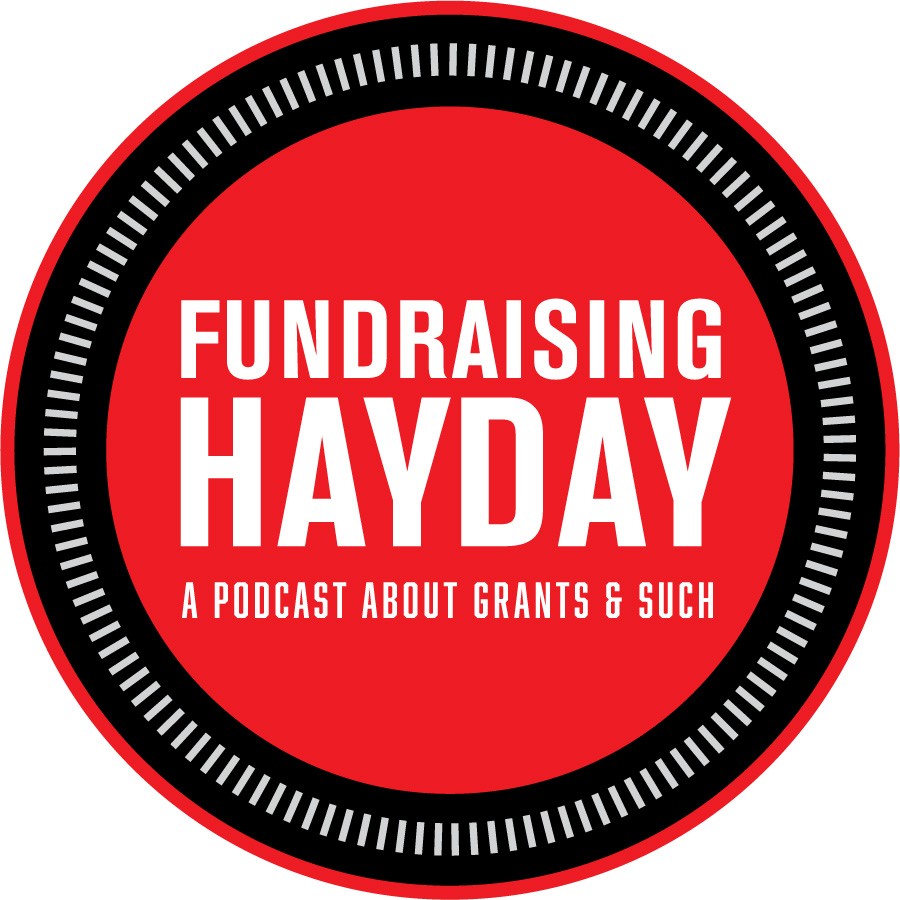As I write this in the middle of October, Halloween costumes are vying with Christmas decorations for my attention in the big box store. Thanksgiving tchotchkes are a distant third on a few endcaps here and there. I grew up as a preacher’s and teacher’s child, so for me the holiday season translates at the busy time of year. As a recovering Development Director, I think of multiple events day and night, more big deadlines, and less of peace for all.
If you work in the nonprofit, grant writing, or local government world, you know what it’s like when everything hits at once. Four grant deadlines on 12/31, three staff team building parties, two popup community events, and a board or council meeting in a pear tree.
Here’s what nobody tells you during those brutal weeks: minimally viable work isn’t just okay—it’s often the smartest choice you can make.
That report doesn’t need custom graphics. The meeting agenda can be a bulleted email. The grant narrative that’s clear and complete beats the one that’s been polished into oblivion but submitted late (or not at all). When you’re drowning, perfectionism isn’t excellence—it’s self-sabotage.
The 3 “Ds” of Surviving Crunch Time:
Delegate: Not every task on your list is something that only you can do. Hand off the data entry, ask a colleague to take the first pass at the draft, or ask a team member to handle scheduling. You’re not admitting defeat; you’re being strategic about where your expertise actually matters.
Defer: Not everything marked “urgent” actually is. Some tasks can genuinely wait two weeks without the world ending. That new filing system? The program evaluation deep-dive? They’ll still be there when you resurface. Park them without guilt.
Discard: This is the hard one. Some tasks should just die. That “nice to have” section in the report? Gone. The third round of edits on something already approved? Skip it.
Perfectionism is a cultural construct designed to keep us anxious, busy, and buying solutions to problems we may not even have. It’s so easy to tell yourself that anything less than flawless is failure for every single thing. This is not possible or advisable. Your people and the communities you serve need you functional, not burnt out chasing an impossible standard. Sometimes good enough is exactly what the moment requires.
Kimberly Hays de Muga, GPC, is an expert trainer and coach in nonprofit capacity building, grant writing, fundraising, and board development. She brings more than 25 years of fundraising experience that includes raising $100 million from individuals, foundations, corporations, and local, state, and federal funding for nonprofit agencies in the education, health, and human service sectors—from food banks to pediatric hospitals, to state-wide mental health coalitions.
Latest posts by Kimberly Hays de Muga
(see all)




